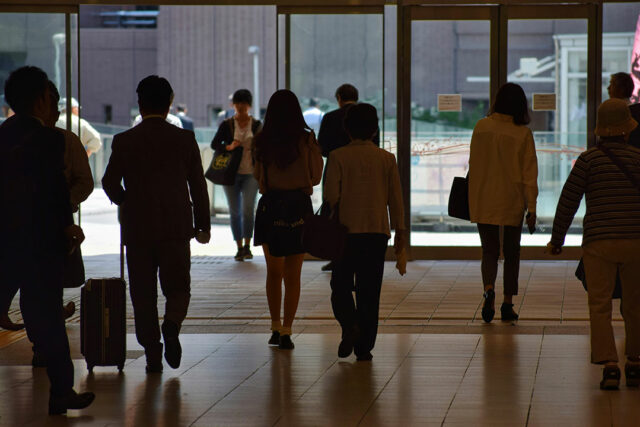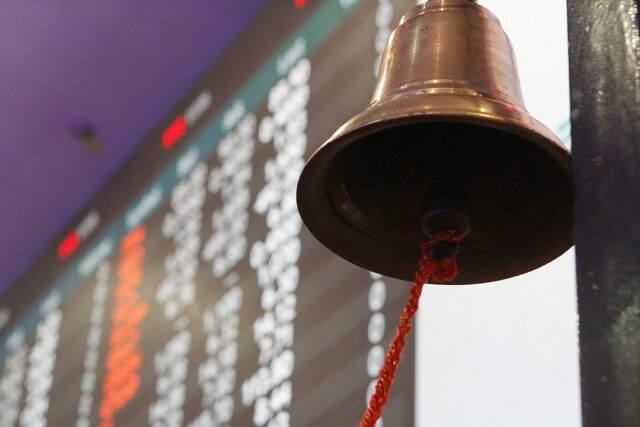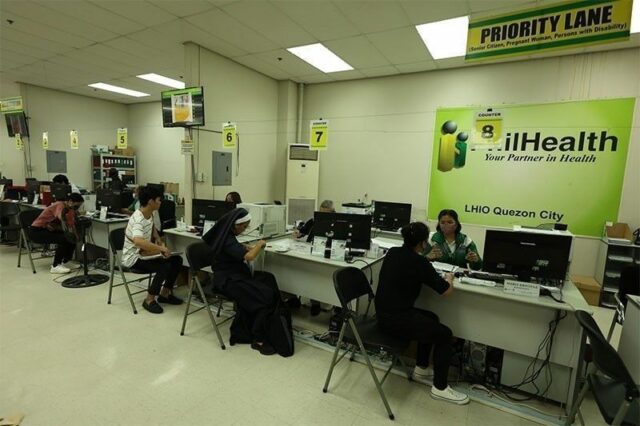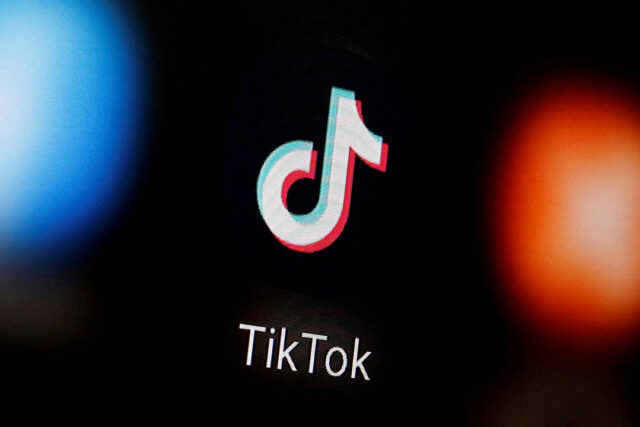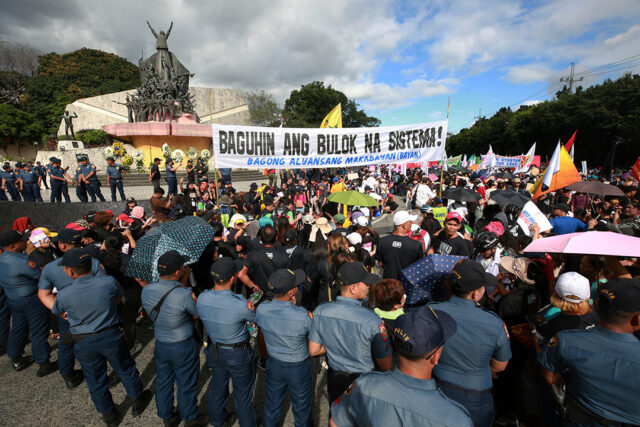New rules on the issuance of alien employment permits to foreign nationals in the Philippines
The Philippines has long upheld a policy of promoting full employment and the preferential use of Filipino labor. To support this goal, the State regulates the employment of foreign workers through the issuance of the Alien Employment Permit (AEP) after strict compliance with the requirements of the law.
On Jan. 21, the Department of Labor and Employment (DoLE) issued Department Order No. 248, series of 2025, or the New Rules and Regulations on the Employment of Foreign Nationals in the Philippines (New AEP Rules). The rules took effect on Feb. 10 following their mandatory 15-day publication in the Official Gazette or newspaper of general circulation.
With the issuance of the New AEP Rules, the DoLE has refined its guidelines on the Labor Market Test and introduced new requirements such as the Economics Needs Test and the Understudy Training Program/Skills Development Program. The updated guidelines also clarified procedures for additional positions held by foreign nationals and made it mandatory for exempt foreign workers to secure an AEP Certificate of Exemption.
LABOR MARKET TEST
The Labor Market Test (LMT), which is a prerequisite to filing the AEP application, is the determination that there is no Filipino national who is competent, able, and willing to perform the services for which the foreign national is desired.
To satisfy the LMT, the DoLE previously required local employers to publish a job vacancy ad for the position in a newspaper of general circulation prior to filing the AEP application. Under the New AEP Rules, this publication requirement has now expanded to include postings at PhilJobNet (DoLE’s official job-matching platform) and the Public Employment Service Office (PESO) or Job Placement Office (JPO) which has jurisdiction over the foreign worker’s intended jobsite.
The New AEP Rules also introduced additional details that must be included in the job vacancy ad. The published ads must now include: a.) the name, address, and nature of business of the employer; b.) the specific position of the foreign national with the corresponding job description, functions, and objective factors or requirements for the position; c.) qualifications for the position such as education, experience, licenses, certifications, or trainings; d.) location/s and address/es of the workplace where the job vacancy is and where the foreign national will regularly perform his or her work; e.) name and city of residence of the foreign national; f.) a statement that the foreign national is able, willing, and qualified to perform the service for which his or her employment is desired; g.) the intended period or duration of employment; and, h.) the DoLE Regional Office and address where the AEP application is intended to be filed.
The New AEP Rules allow one publication for more than one position, provided that the required information of the foreign national and the details of the position are included therein.
Similar to the previous rules, the AEP application may be filed at the DoLE Regional Office (DoLE-RO) which has jurisdiction over the foreign national’s jobsite 15 calendar days after the publication of the job vacancy ad. The New AEP Rules, however, further require that the AEP application is filed within 15 calendar days from the execution of the employment contract or the issuance of the foreign national’s appointment.
Further, the New AEP Rules also emphasized that the published ads are only valid for 45 days, such that AEP applications must be submitted within this period. Otherwise, the relevant ad must be republished and the 15-day period before the AEP application may be filed must be observed again.
ECONOMIC NEEDS TEST
The New AEP Rules also introduced the Economic Needs Test (ENT) as part of the AEP evaluation process. Under Rule II, the DoLE-RO is mandated to conduct the ENT to determine whether hiring a foreign national is necessary to fill a gap, shortage, or need in the Philippine labor market.
In conducting the ENT, the DoLE-RO shall consider the economic implications of allowing the employment of foreign nationals in various sectors, professions, occupations, or industries. In doing so, the DoLE-RO shall consider several factors which include: a.) the shortage or surplus of Filipino workers in the sector, occupation, or industry based on official data; b.) the unavailability of specialized skills, expertise, or knowledge in the local labor market and whether the same can be met by training local workers within a short period of time; and, c.) whether the employment of a foreign national is essential for the development, competitiveness, or technological advancement of the sector, profession, occupation, or industry, and whether foreign employment shall serve the national economic interest, particularly in industries granted with fiscal incentives (such as companies registered with the Philippine Economic Zone Authority [PEZA] or with the Board of Investments [BoI]), engaged in priority investments, or operating public utilities under the Public Service Act.
Under the New AEP Rules, the DoLE-RO may also deny the AEP application if it finds that the proposed employment of the foreign national does not satisfy the ENT. Further guidelines on the implementation of the ENT are expected, following consultations with relevant government agencies.
UNDERSTUDIES, SKILLS DEVELOPMENT
To implement the State’s policy of developing the competencies of Filipino workers and ensure the effective transfer of skills, knowledge, and technology from foreign workers to Filipino workers, the DoLE now requires certain categories of employers to submit an Understudy Training Program (UTP) or a Skills Development Program (SDP) as part of the AEP application. The UTP and STP requirement applies to covered employers, namely, those granted fiscal incentives by the Philippine government, those engaged in priority or strategic areas of investments, and those operating a public utility pursuant to the Public Service Act.
Both the UTP and the SDP are intended to transfer technology or skills possessed by a foreign national to Filipino workers. Specifically, the UTP requires the foreign national to train at least two Filipino understudies who must be regular employees and who are next-in-rank to such a foreign national. Meanwhile, the SDP must identify at least two Filipino regular rank-and-file employees per foreign national who must undergo learning sessions or any similar training modalities. The UTP/STP must state the duration and objectives of the training program, the specific skills and competencies to be transferred, learning milestones, standards of evaluation and assessment tools, and schedule of periodic evaluation.
To ensure that the objectives of the UTP/STP are met, the New AEP Rules require covered employers to submit a progress evaluation report or assessment to the DoLE-RO within five working days from each periodic evaluation or completion of the UTP/STP. The accomplishment report and the assessment and evaluation of the understudies or trainees are also required by the DoLE for AEP renewal applications. Further, failure to implement the UTP/STP is also a ground for revocation of the AEP.
ADDITIONAL POSITION
The New AEP Rules provide that a foreign national may only be issued one AEP which is valid exclusively for the position for which it is issued. In exceptional cases, however, the new rules allow an additional position to be performed by a foreign national with an existing AEP provided that it is performed with the same employer or with the latter’s related company but under a job category, title, description, and functions distinct from the position for which the original AEP was issued.
Under the new rules, the DoLE will allow the additional position, subject to the submission of proof that there is no conflict between the duties and responsibilities of the original and additional positions and that the foreign national has the capacity to effectively perform the responsibilities of both positions under the same employer. Notably, the additional position must likewise be published in a newspaper of general circulation, PhilJobnet, and PESO/JPO in compliance with the LMT requirement.
AEP EXEMPTION
Certain categories of foreign nationals are exempt from securing the AEP such as, among others, a dependent spouse of a diplomatic corps member, an accredited official personnel of international organizations, officers and employees of a foreign country’s embassy in the Philippines, resident visa holders, recognized refugees or stateless persons, and foreign nationals who are granted exemption from securing the AEP by law. While these exemptions were already recognized under the previous rules, the New AEP Rules now appear to require these foreign nationals to secure an AEP Certificate of Exemption from the DoLE. Previously, securing the Certificate was purely optional.
The issuance of the New AEP Rules is a promising step towards prioritizing Filipino labor, while ensuring that foreign employment remains properly regulated. While DoLE has yet to issue clarificatory guidelines and conduct briefings to stakeholders, the changes introduced by the New AEP Rules aim to bridge the gap between local and foreign employment opportunities and facilitate the transfer of essential skills and expertise to Filipino workers. Ultimately, the success of these reforms will depend on the DoLE’s effective implementation of rules, ensuring that they promote ease of doing business, attract foreign investments, and contribute to the Philippines’ economic growth.
This article is only for general informational and educational purposes and is not offered as and does not constitute legal advice or opinion.
Kristine Bernadette F. Soriano is an associate of the Immigration department of the Angara Abello Concepcion Regala & Cruz Law Offices (ACCRALAW).
(632) 8830-8000

